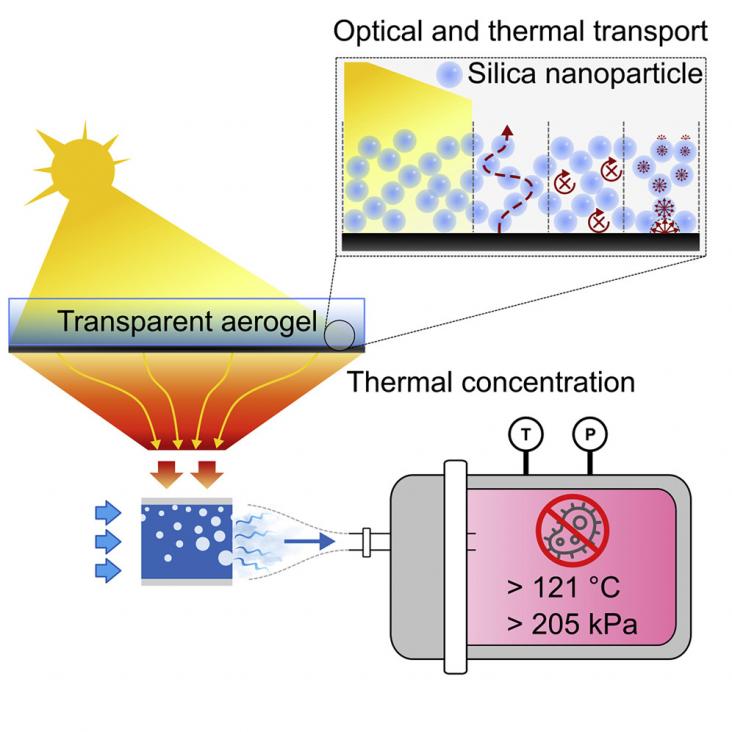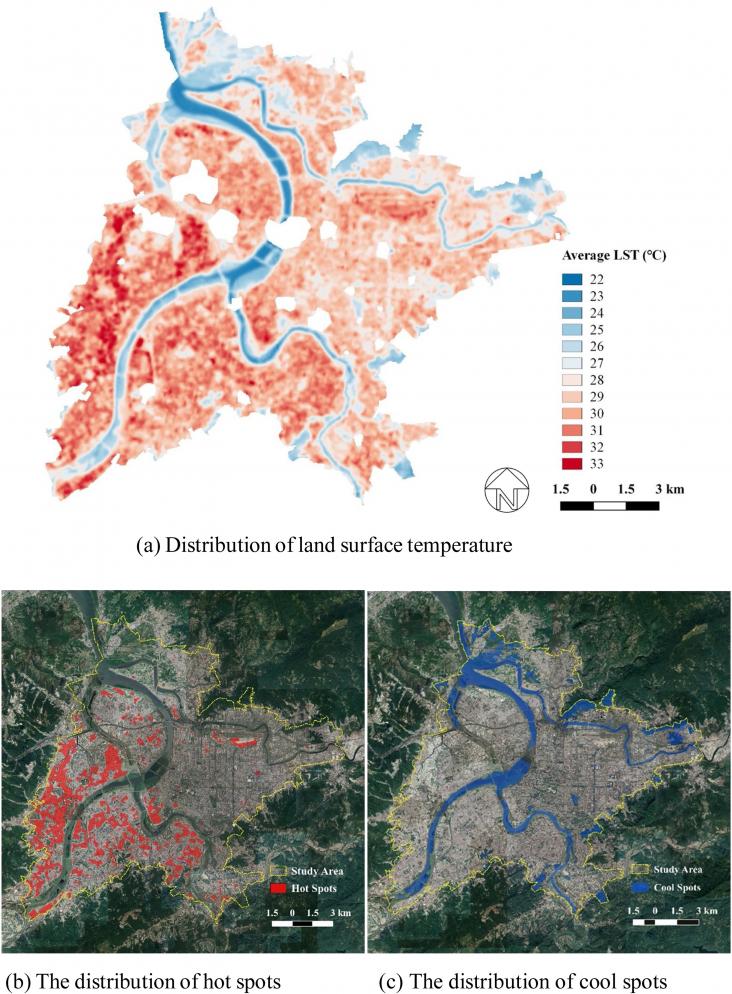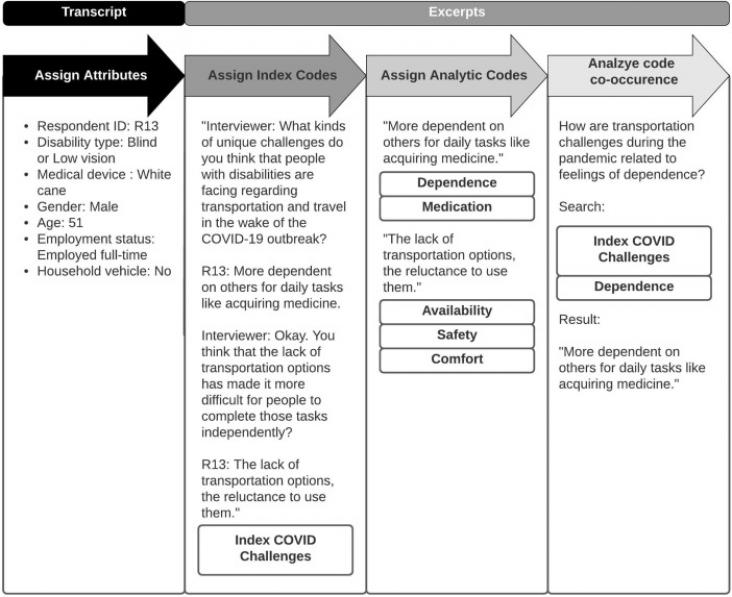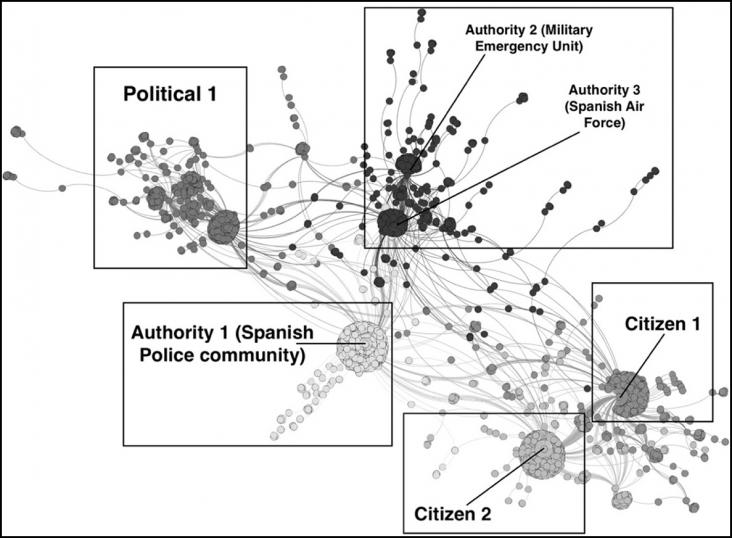In this essay some important forerunners of green chemistry will be discussed and compared with the present state. The relationship to ethics will be considered.
Targeted interventions have important under-explored potential for reducing meat consumption.

Discover the benefits of our solar powered steam generator. An eco-friendly solution for medical sterilisation, contributing to sustainable development goals.
In this brief perspective piece, a rural sexual assault nurse examiner (SANE) program is described in the hopes that dissemination will lead to increased numbers of rural SANEs, increased reporting of sexual assaults in rural and underserved communities, increased prosecution rates of sexual assault perpetrators, and program sustainability through the provision of a nurse-centered approach to training and support. This article contributes SDGs 3, 5, 9, and 16.
This paper provides a critical feminist analysis of seven policies relating to gender equality in the agriculture sector of Ethiopia.

This paper assesses the influence of land development patterns on intra-urban thermal variation in a densely-developed subtropical city, considering joint effect from greenspace pattern and built-up g

People with disabilities may be particularly vulnerable to the direct health effects of the COVID-19 pandemic as well as the wider impacts of the pandemic response.
Elsevier,
Global Groundwater. Source, Scarcity, Sustainability, Security, and Solutions, 2021, Pages 503-517
This chapter advances SDG 6 by presenting opportunities for groundwater and how information can be shared across disciplines- e.g. Many commercial operations (e.g., oil and gas, geothermal, mining) create a wealth of geological and hydrogeological information in their everyday exploration activities that can be used by groundwater professionals.
Elsevier,
Global Groundwater. Source, Scarcity, Sustainability, Security, and Solutions, 2021, Pages 577-583
This chapter advances SDG 6 by presenting an overview and consideration for groundwater desalination, including a framework tool.

Social media assemble multiple users' interactions across singular events. Authorities need to navigate this diversity to effectively communicate and promote collaborative strategies.
